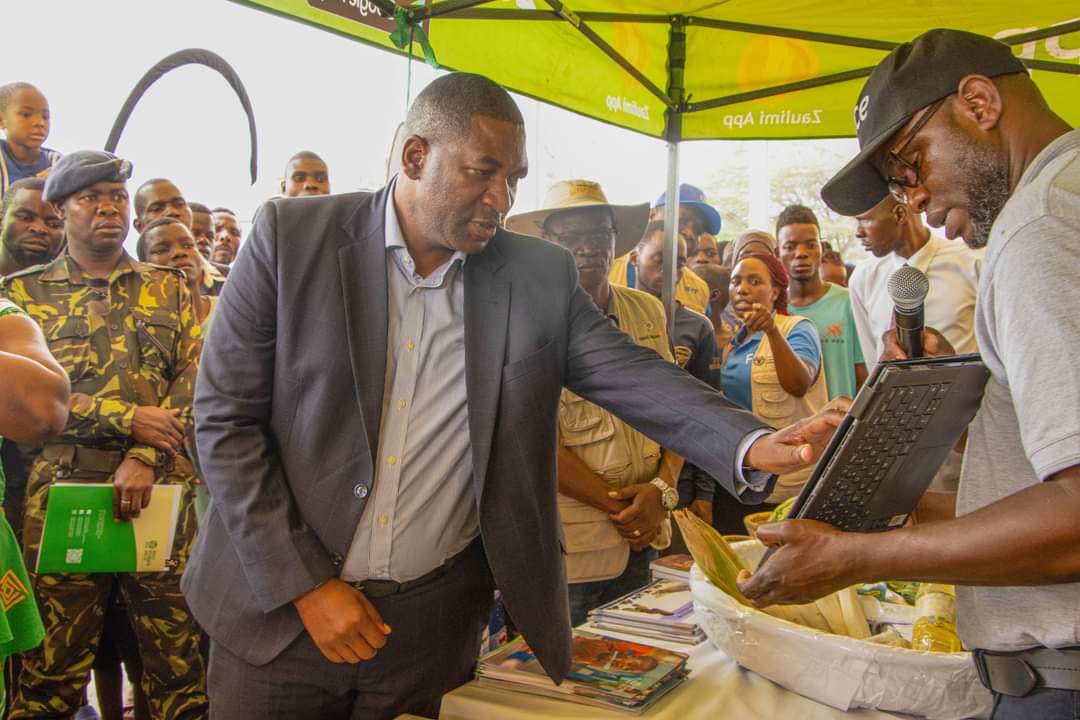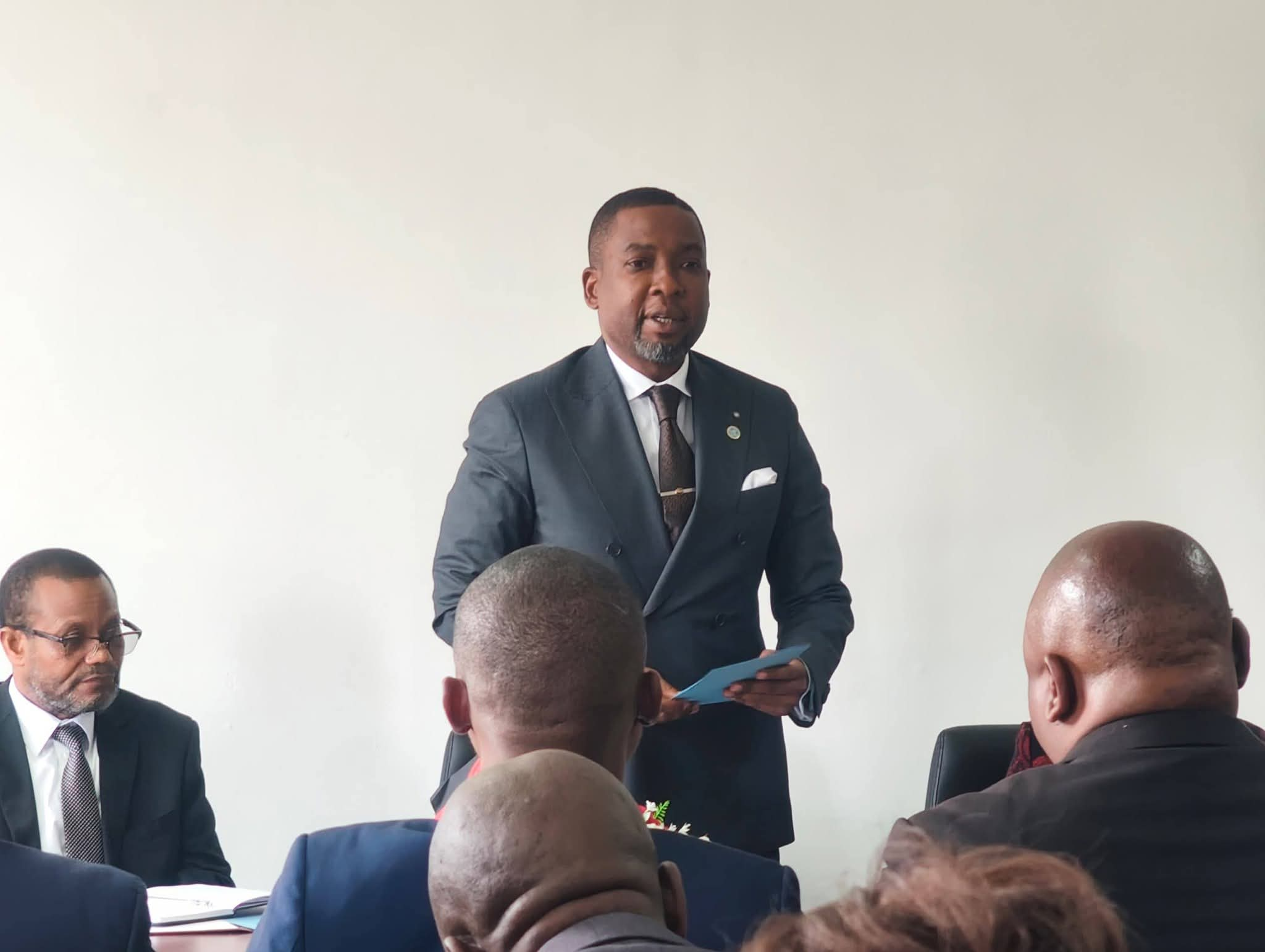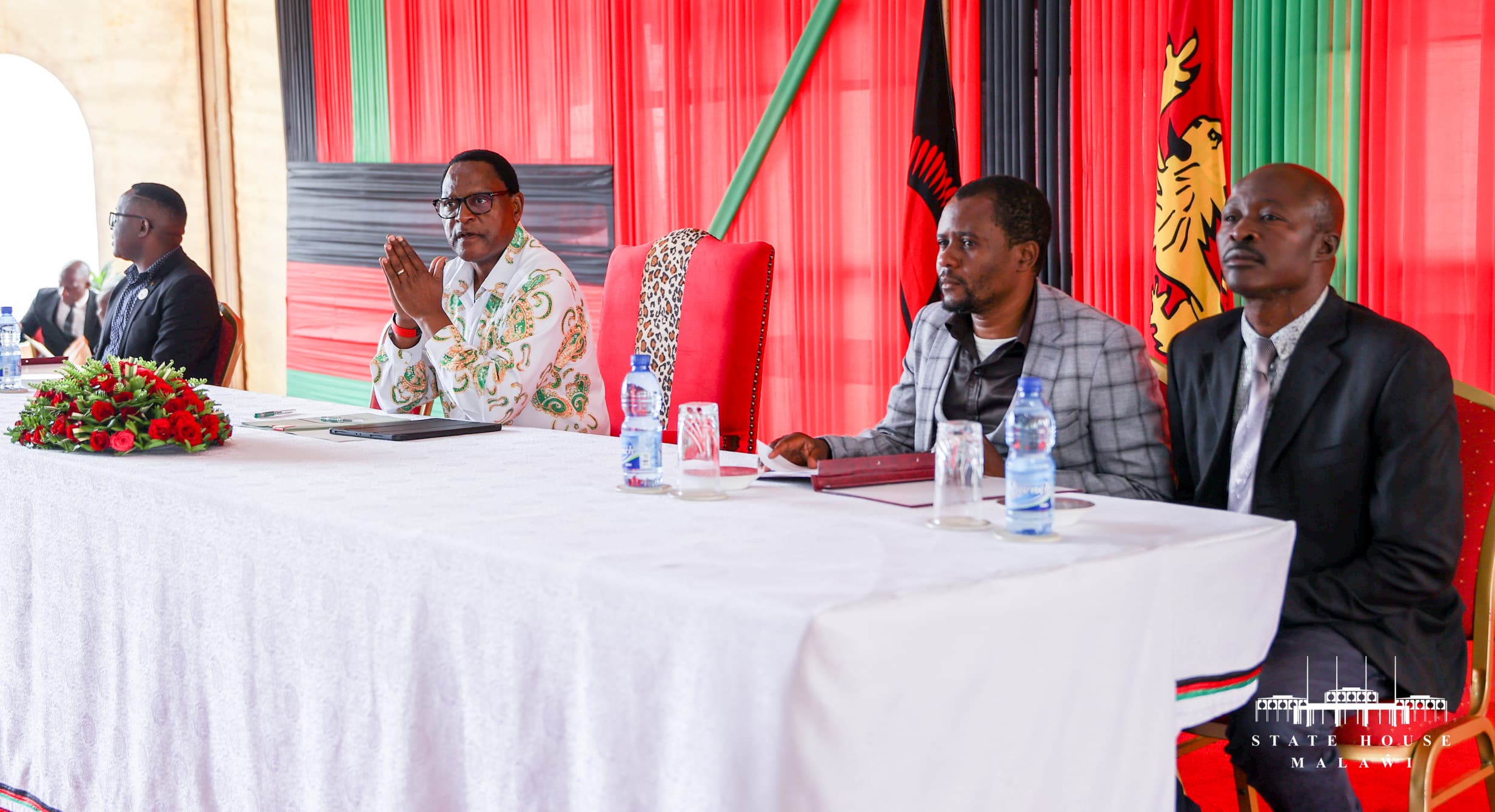BY DRAXON MALOYA
Agriculture Minister Sam Kawale has ruled out genetically modified organism (GMO) food supplements as a solution to Malawi’s perennial food challenges.
This decision comes despite successful GMO tests by institutions like Lilongwe University of Agriculture and Natural Resources (LUANA) on disease-resistant, high-yielding crops.
Kawale cited health risks associated with GMOs, emphasizing the government’s duty to protect lives over business interests.
“It is noted that even countries with advanced GMO research have backtracked due to health concerns. Instead let us all advocate for hazard-free technologies like organic products to alleviate hunger,” said Kawale.
But some critics within in the Agriculture sector have argue that support for small-scale farmers is inadequate, with programs imposing GMO seeds and chemical fertilizers claiming that the state overlooks agro-ecology’s importance for small-scale farmers, limiting their choices for sustainable livelihoods.
However, due to issues emanating from the effects of climate change, government enacted the Malawi’s Biosafety Act (2002) regulating GMO research, development, and commercialization with the National Biosafety Regulatory Committee overseeing approvals.
Meanwhile, successfully tested GMO crops in the country include: Bt Cotton (approved for commercial cultivation in 2018), Drought-tolerant maize (undergoing confined field trials) and Vitamin-enhanced maize (currently in development).
Significantly there are benefits and challenges GMOs offers like; improved crop yields, drought tolerance, pest resistance, and better nutritional content. However, concerns persist regarding environmental impact, gene flow, dependence on foreign technology, and public acceptance.
Local institutions involved in the successful GMO research include: Malawi University of Science and Technology, Lilongwe University of Agriculture and Natural Resources and the Ministry of Agriculture, Irrigation and Water Development
International partners supporting initiatives include: African Agricultural Technology Foundation (AATF), International Maize and Wheat Improvement Center (CIMMYT) and the Bill and Melinda Gates Foundation




